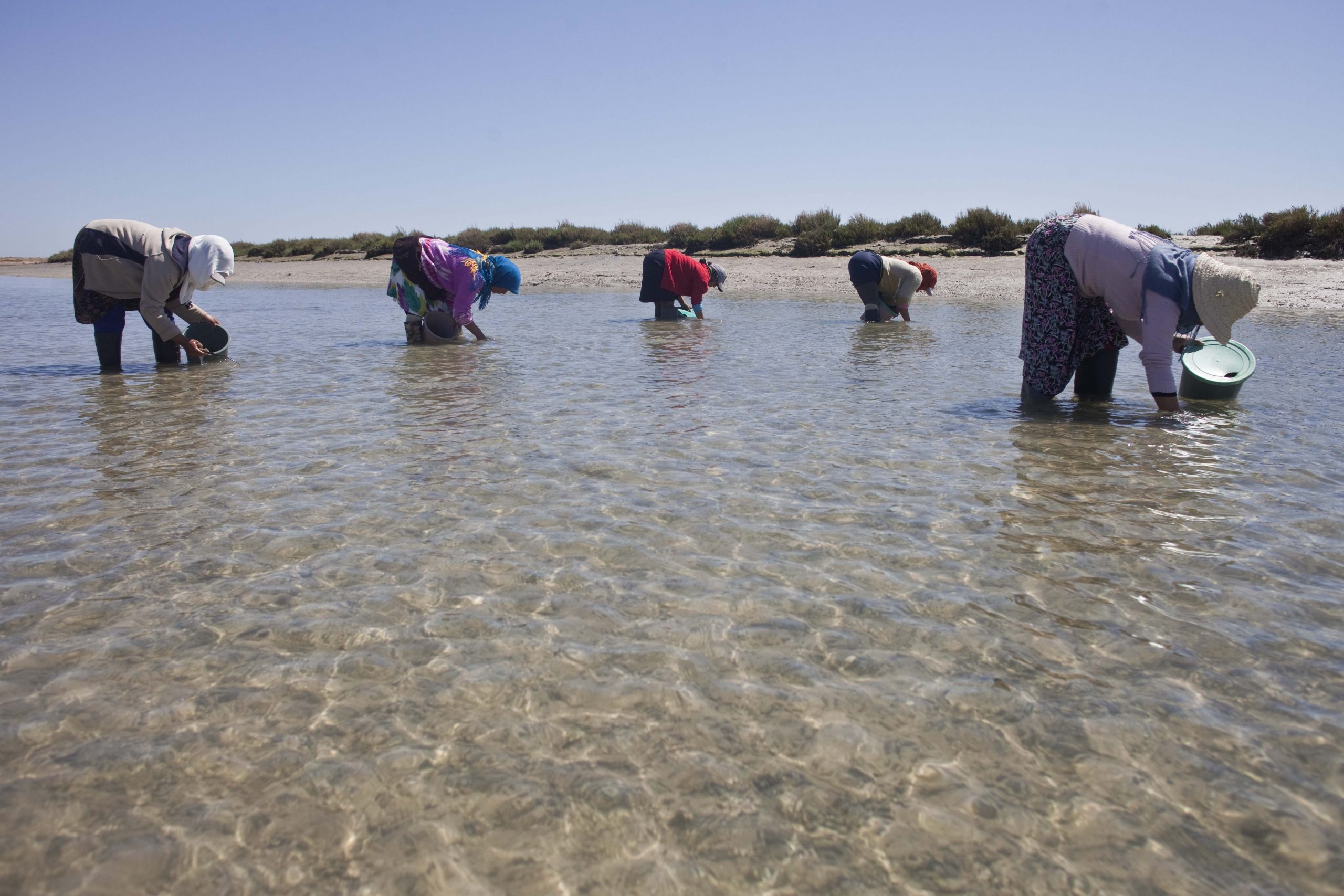
Water covers 70 percent of the Earth. Marine and freshwater environments sustain an abundance of life in its spectacular diversity. Through our history, small-scale fishing communities have interacted and depended on these living resources. A threat to aquatic environments is a danger to artisanal fishers.
Their protection and stewardship are essential to the communities and cultures they sustain. This relationship is a framework to manage conflicts and improve the quality of life and livelihood of small-scale fishers. It was recognized in the UN Convention on Biological Diversity.
Governments increasingly designate marine protected areas (MPAs) for conservation and management. This legal instrument does help but its implementation has raised serious concerns. Target-driven expansion of MPAs is fixated on quantitative goals. This has hit the rights, livelihoods and sustainable use practices of small-scale fishing communities. MPAs—created often in a non-consultative and non-participatory manner—have focused on regulating/restricting their fisheries, failing to recognize their sustainable livelihoods, culture and survival.
It is imperative that protection efforts are grounded in principles of sustainable use. That their processes are inclusive and recognizebuilding upon them. Artisanal fishers must be the frontline of marine biodiversity conservation. There is an urgent need for systematic improvements on all such matters.
A range of ICSF’s initiatives highlight the social and political dimensions of conservation. The importance of livelihoods of poor and vulnerable communities, of their participation and consultation. The co-management of resources by fishing communities, based on a human rights approach to conservation.

Participation at CBD meetings, and collaboration with fish workers organizations, local community and indigenous groups is useful in contesting target driven and top-down approaches to conservation, and the associated violations of human rights linked to these approaches. It is also useful in influencing the text of the decisions adopted to take on board indigenous and local community concerns.
This study focuses on the legal framework for sea turtle protection in the Indian State of Orissa. It documents the social consequences of turtle protection measures on fishing communities, and...
The study focuses on fishing community issues in the Sundarban Tiger Reserve (STR). It provides an overview of the legal framework, and design and implementation of fishing regulations, and documents...
A pictorial training material on ecosystem approach to fisheries management as part of the ICSF-BOBLME initiated training activity in six languages (English, Bangla, Thai, Tamil, Burmese, and Bahasa) English https://www.icsf.net/wp-content/uploads/2013/09/930.ICSF210.pdf...
The marine protected area network in India has been used as a tool to manage natural marine resources for biodiversity conservation and for the well-being of people dependent on it....
By taking an intense look at the concerns revolving around turtle conservation and the protection of the livelihoods of traditional fishing communities, this film offers some insights into the dilemmas...
This dossier puts together a collection of articles from the pages of SAMUDRA Report, the triannual journal of ICSF. The articles show that conservation and livelihoods are closely intertwined, and...
This report of research undertaken jointly by CoopeSoliDar R.L and the ICSF focuses on the social dimensions of marine conservation, and assesses the experiences of coastal and fishing communities in...
SoW-BFA addresses the sustainable use, development and conservation of BFA includingthe diversity of animals, plants and micro-organisms at genetic, species and ecosystem levels that sustain structures, functions and processes IN...
https://ipbes.net/sites/default/files/inline/files/ipbes_global_assessment_report_summary_for_policymakers.pdf
These NBSAPs reflect varying degrees of compliance with the Nagoya outcomes. They are accessible below (their date of receipt by the Secretariat or the date on which the NBSAP was officially launched...
https://www.cbd.int/marine/decisions.shtml
https://www.cbd.int/reports/search/

For each thematic session of the Symposium, the document includes: i. the contents of the session, ii. a ‘what you need to know’ section, iii. the themes and composition of...
2020 United Nations Conference to Support the Implementation of Sustainable Development Goal 14: Conserve and sustainably use the oceans, seas and marine resources for sustainable development. https://undocs.org/a/73/l.82
The overall scope of the assessment is to assess the status and trends with regard to biodiversity and ecosystem services, the impact of biodiversity and ecosystem services on human well-being...
Nature is declining globally at rates unprecedented in human history – and the rate of species extinctions is accelerating, with grave impacts on people around the world now likely, warns...
Only about half of 1 percent of the high seas are fully protected from fishing, mining, and other human activity. Delegates from more than 100 countries met at the United...